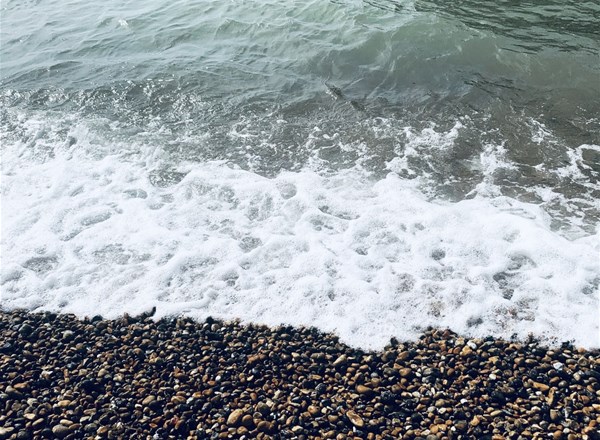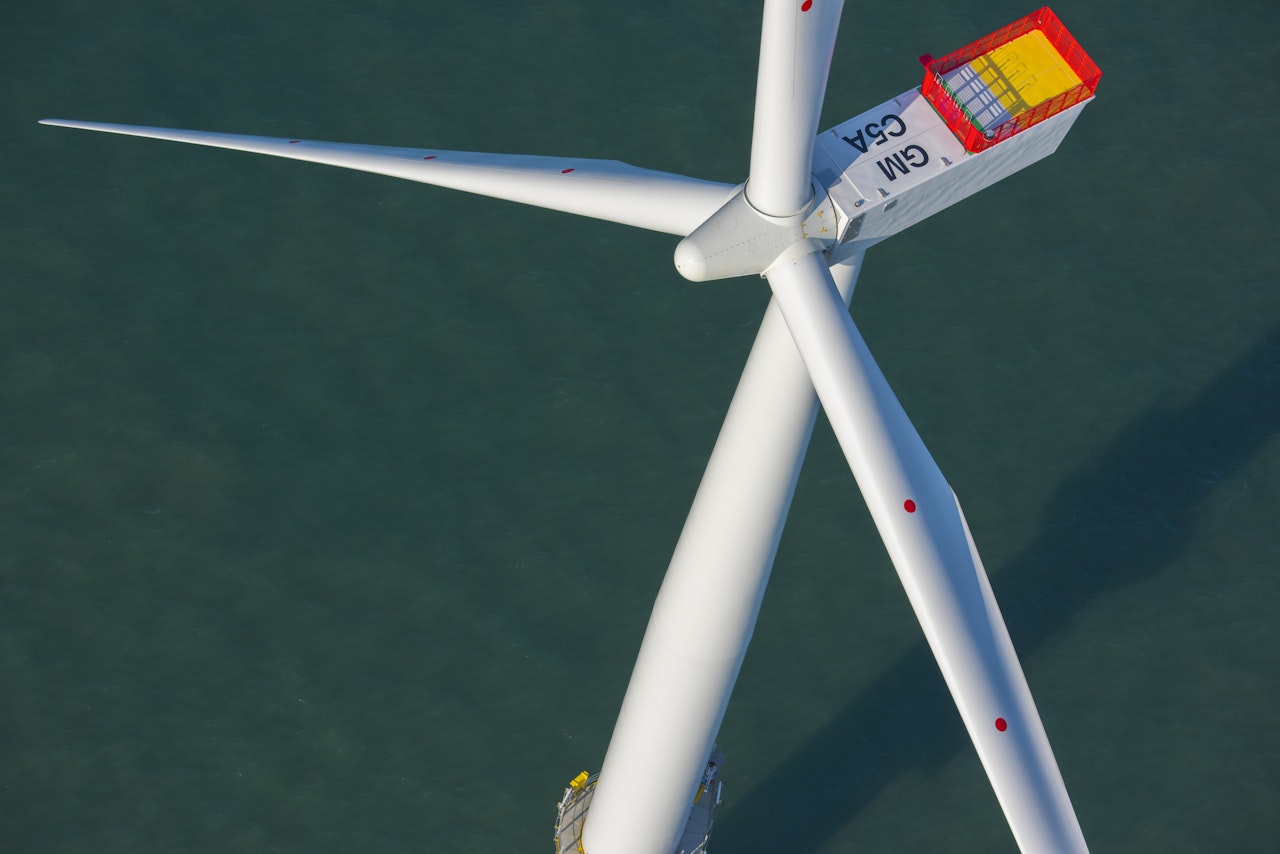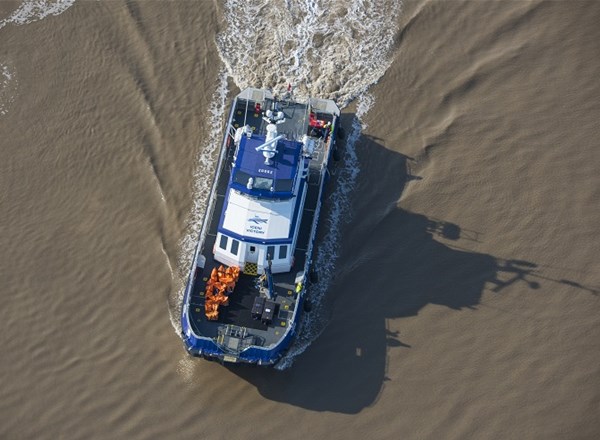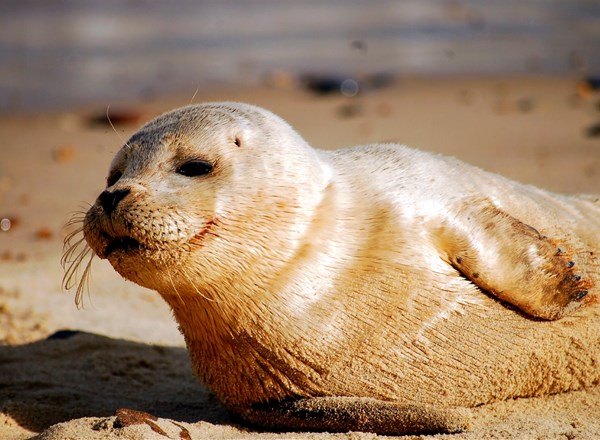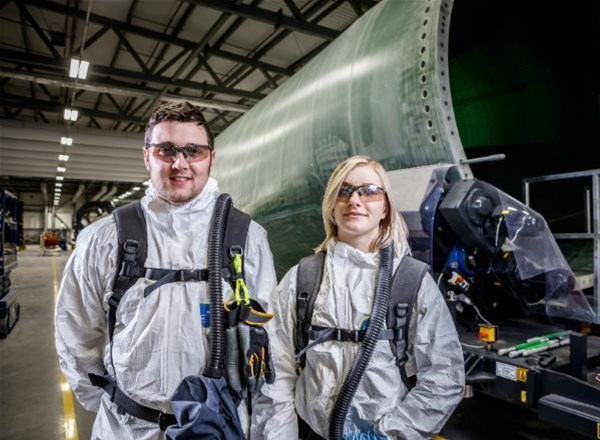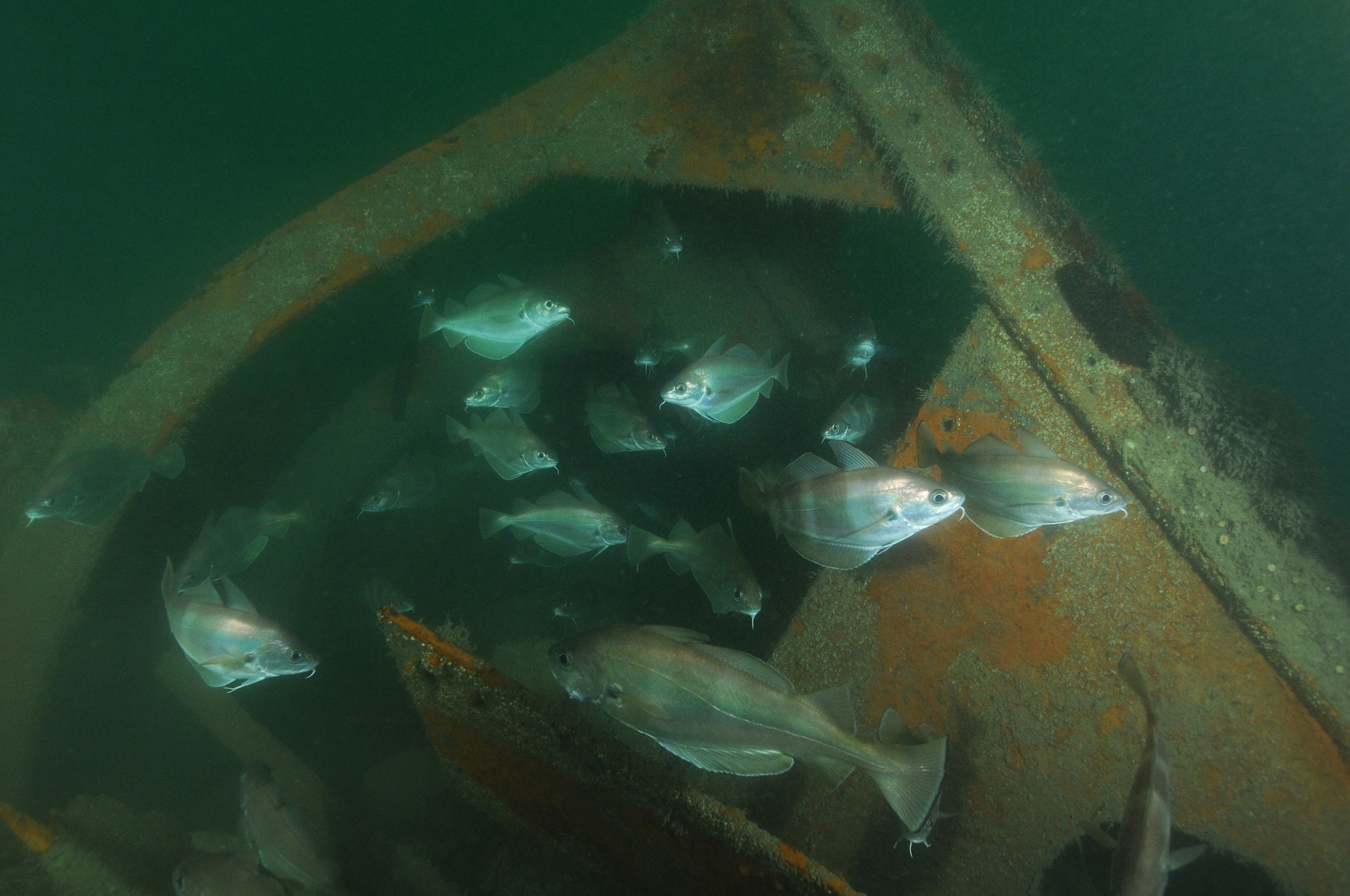
Strategic Net Gain Targets for Coastal and Marine Environments
There is increasing recognition of the need for greater action to restore the marine environment in the face of a continued decline in marine biodiversity.
Net Gain has been identified as a potential development approach that can contribute to halting and reversing biodiversity loss by leaving the natural environment in a measurably better state than before. Developments that adopt Biodiversity Net Gain (BNG) aim to have a positive impact by delivering an overall increase in biodiversity.
Implementing BNG in the marine environment is recognised as being particularly challenging, due to its dynamic nature and the complex interactions between diverse marine users. It is therefore important to establish clear objectives and targets for Marine Net Gain (MNG) that provide a focus for developer-led action.
The Strategic Net Gain Task and Finish Group (T&F Group) was established as part of the Offshore Wind Evidence and Change Programme. The T&F Group aimed to identify a set of strategic targets for the delivery of MNG. An initial gap analysis of existing legal and policy objectives and targets informed discussion around possible priorities for MNG and views of marine stakeholders were obtained via two online surveys.
The outcome of the project is a robust set of recommended strategic targets for MNG, which have strong consensus and agreement from industry, regulators and conservation bodies. The targets set a clear direction for how developers could contribute towards MNG to restore and improve the marine environment. The aim of the T&F Group is for these targets to inform Defra’s ongoing work through the Offshore Wind Enabling Actions (OWEAP) Programme to develop policy for MNG and its implementation.
Download the report
Offshore Wind Evidence and Change Programme
The Strategic Net Gain Task and Finish Group was established as part of the Offshore Wind Evidence and Change Programme (OWEC).
The mission of OWEC is to facilitate the sustainable and coordinated expansion of offshore wind to help meet the UK’s commitments to low carbon energy transition whilst supporting clean, healthy, productive and biologically diverse seas. The programme brings together key stakeholders to gather and share evidence, and then use this enhanced evidence base to facilitate the growth of the offshore wind sector in a way that best protects and enhances the environment.
Through collaboration we have defined core programme themes and the necessary programme outcomes, which will help to find space in a busy seabed, enable better understanding of how offshore wind affects the environment and habitats, or inform understanding around environmental benefits and compensation.
The programme is bold and strategic in its ambition and activities. It is being delivered via a mix of studies, research and evidence gathering projects aimed at achieving or supporting the necessary outcomes. The programme structure provides a collaborative platform for organisations key to the future offshore wind deployment, an effective planning system and the evolution of relevant policy and decision-making to act as the ‘agents of change’.
Explore other research published under the OWEC Programme

